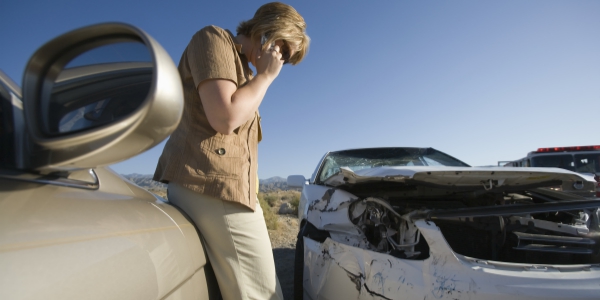When most people think of drunk driving, they think of alcohol. However, people under the influence of certain types of drugs and/or chemical substances are also subject to drunk driving laws. Even those taking prescription medications can be charged for driving under the influence (DUI) if they are not supposed to be driving after taking those medications—yes, even if a doctor prescribes those medications.
Furthermore, if a driver is caught with a prescription drug but does not have their prescription, not only can they be charged with driving under the influence if they have recently taken the drug, but they can also be charged with unlawful possession. They might avoid the second charge if the prescription is in its properly labeled container with their name on it.

In addition to beer, wine, hard liquor, and illicit drugs, certain chemical substances are illegal to consume. Possessing, breathing in, inhaling, or drinking these chemicals is illegal and can lead to a DUI charge if a person is caught driving under the influence of these chemicals. These substances include:
- Toluol;
- Trichloroethylene;
- Hexane;
- Toluene;
- Acetone;
- Methyl ethyl ketone;
- Ethyl acetate;
- Isopropanol;
- Trichloroethane;
- Ethylene glycol monomethyl ether acetate;
- Nitrous oxide;
- Cyclohexanone;
- Alkyl nitrites (Butyl nitrite);
- Diethyl ether; and
- Any other similar substance the driver took to get intoxicated.
Damages
General damages are often referred to as non-economic damages because they cannot easily attach a price tag. A general damage award depends on each injured person’s situation but can include:
- Pain and suffering, if the pain and suffering are expected to be long term.
- Loss of companionship if you cannot spend time with your family doing activities you usually would do, like sports, outings, or taking your children to extracurricular activities.
- Loss of consortium if you are no longer able to have a physical relationship with your spouse.
- Disfigurement if the accident caused you to be disfigured. For example, you could get compensation for disfigurement if you are burned and the burn does not heal without scarring.
- Inconvenience if your injuries prevent you from doing chores around the home, and you need to hire someone else to complete them in your stead. Chores may include cooking, cleaning, taking care of the yard, and general home maintenance.
- Mental anguish if the accident causes you to suffer from depression because of the severity of your injuries, or if the accident causes you to experience post-traumatic stress disorder. Mental anguish may also be awarded as part of a pain and suffering award.
- Loss of a limb if the accident causes paralysis or you can no longer use one or more of your limbs if that loss is more extensive than any previous immobility.
Court and Penalties
DUI cases are heard in traffic court, and the penalties are harsh, especially for DUI manslaughter Marietta. Criminal penalties can range from a misdemeanor to a felony. DUI manslaughter comes with a felony charge. Additionally, repeat offenders get increasingly higher fines and longer jail time.
An injured victim or a deceased victim’s family members may also sue the perpetrator in civil court even if the DUI case also went to traffic court. Not only will the perpetrator have to pay the appropriate fines to the traffic court and do possible jail time, but they may also be required by the civil court to pay the victim or their family if the victim’s insurance company doesn’t cover the full cost of their injuries and damages.
- The perpetrator’s vehicle may be impounded;
- The perpetrator may lose their license;
- The perpetrator may have to pay for and use an interlock system; and
- The perpetrator may have to attend a drug and alcohol abuse program.
